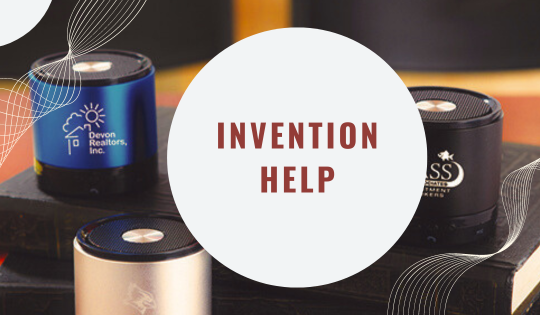Invention ideas have always been the driving force behind human progress, shaping the course of history and laying the groundwork for the industries of tomorrow. Throughout history, transformative inventions have redefined the way we live, work, and interact with the world around us, sparking new industries and propelling economic growth.
The Transformative Power of Invention Ideas
From the wheel to the internet, the history of human civilization is marked by a series of groundbreaking inventions that have revolutionized our way of life. These inventions have not only solved pressing problems of their time but also opened up new opportunities and created entire industries that didn’t exist before. For instance, the invention of the printing press in the 15th century democratized knowledge and paved the way for the modern publishing industry, while the development of the steam engine in the 18th century propelled the Industrial Revolution and ushered in the era of mass production.
Current Trends in Innovation
One idea for an invention was so powerful that it gave rise to the entire computer industry. The idea was so simple that it’s hard to believe that no one had thought of it before: put a chip on top of a circuit board, connect them together with wires, and you have a computer. As we stand on the cusp of a new era of technological advancement, the landscape of invention ideas is evolving at an unprecedented pace. Some of the most promising trends in innovation that are poised to redefine our lives include:
Artificial Intelligence (AI): As AI continues to advance, we can expect to see its applications expand beyond automation and into areas such as healthcare, finance, and education. AI-driven inventions have the potential to revolutionize industries by enabling more efficient and accurate decision-making, as well as opening up new possibilities for personalized products and services.
Internet of Things (IoT): The IoT is transforming the way we interact with our environment by connecting everyday objects to the internet, enabling them to communicate with each other and with us. This has far-reaching implications for industries such as transportation, agriculture, and manufacturing, as IoT-powered inventions can lead to greater efficiency, reduced waste, and improved safety.

Renewable Energy: As the global demand for clean and sustainable energy sources grows, the race is on to develop new technologies that can harness the power of the sun, wind, and water more efficiently than ever before. Inventions in this field have the potential to not only mitigate the effects of climate change but also spur the growth of a new, green economy.
Biotechnology: Advances in biotechnology are paving the way for a new generation of medical treatments and therapies, as well as innovations in agriculture and environmental conservation. From gene editing to personalized medicine, the potential applications of biotechnology are vast and hold the promise of improving the quality of life for millions of people around the world.
Fostering a Culture of Innovation
To capitalize on these emerging trends and ensure that invention ideas continue to drive progress, it is essential to foster a culture of innovation that encourages creative thinking, collaboration, and risk-taking. This involves creating environments where individuals and organizations can experiment with new ideas and learn from their failures, as well as investing in education and research to develop the skills and knowledge needed to tackle the challenges of the future.
But how do great invention ideas come about and what to do with an invention idea? Innovation is a process, not an event. Innovation takes place when individuals and organizations come together to focus their creativity and energy on solving problems in new ways. Inventors are often associated with genius, but they do not live in isolation. They need others to help them develop their ideas into inventions that have value.
Invention companies like InventHelp have the experience to help inventors turn their ideas into realities. InventHelp helps with all aspects of the invention process, including patent drawings and applications, market research, prototype development and licensing agreements with manufacturers.
Conclusion
Invention ideas are the lifeblood of progress and the foundation of tomorrow’s industries. As we look to the future, it is vital that we continue to nurture and support the development of groundbreaking inventions that have the potential to transform our lives and propel us into a new era of prosperity and growth. By embracing innovation and fostering a culture that encourages invention, we can ensure that the industries of tomorrow are built on a solid foundation of creativity and ingenuity.





